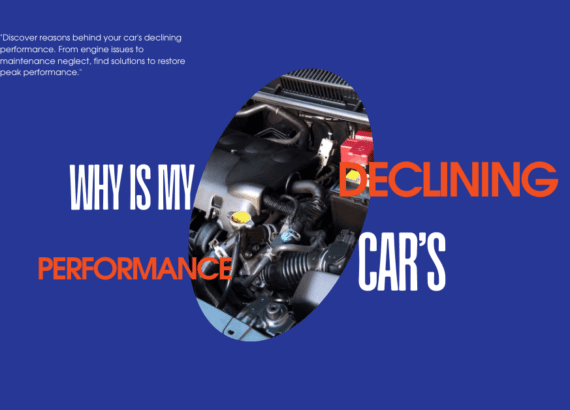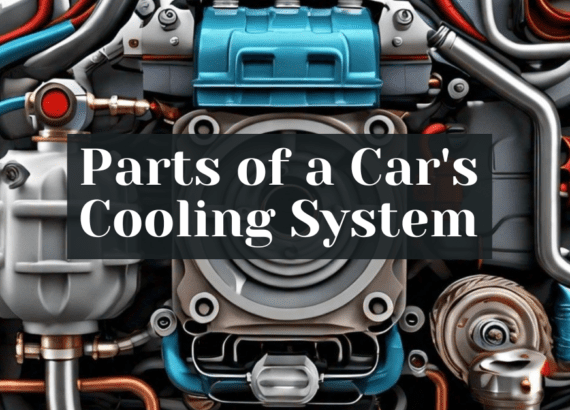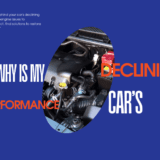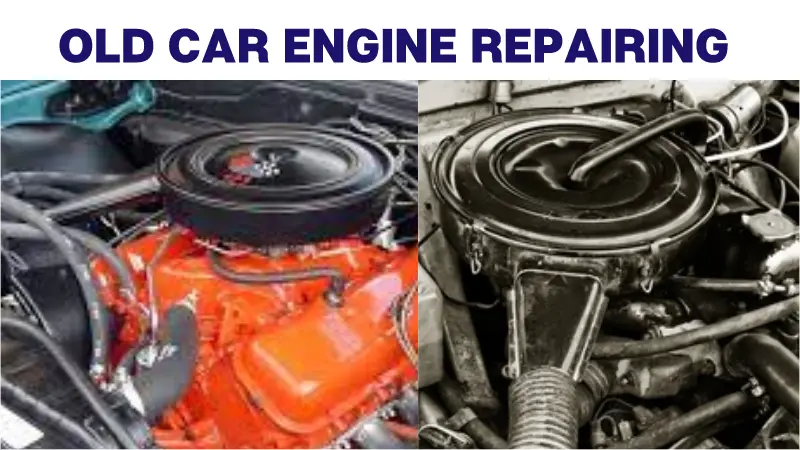Do Diesel Cars Need Different Care Than Gas?

Diesel cars have long been lauded for their robust performance and fuel efficiency. However, along with their many advantages comes the need for specialized care and maintenance. In this comprehensive guide, we delve into the nuances of maintaining diesel cars compared to their gas counterparts. From engine upkeep to fuel system maintenance, understanding the unique needs of diesel vehicles is paramount for ensuring their longevity and optimal performance.
Understanding Diesel Engines
Diesel engines are internal combustion engines that operate on the principle of compression ignition. Unlike gasoline engines, which use spark plugs to ignite a mixture of air and fuel, diesel engines compress only air in the combustion chamber, causing it to heat up. Once the air reaches a high enough temperature, diesel fuel is injected into the chamber, where it spontaneously combusts due to the high pressure and temperature, driving the piston down and generating power.
This design results in greater efficiency and torque compared to gasoline engines, making diesel engines popular in applications where heavy-duty power and fuel economy are essential, such as in trucks, buses, ships, and industrial machinery. However, diesel engines also produce more emissions, particularly nitrogen oxides (NOx) and particulate matter, which has led to efforts to improve their environmental impact through advancements in technology and stricter emissions regulations.
Diesel Engine Basics
Diesel engines utilize compression ignition, relying on high compression ratios to ignite the fuel-air mixture. This fundamental difference necessitates distinct maintenance procedures.
Engine Lubrication
Proper lubrication is essential for diesel engines due to higher compression ratios and increased heat generation. Using high-quality, diesel-specific oils is crucial to prevent premature wear and ensure smooth operation.
Fuel System Maintenance

The fuel system is a critical component of diesel cars, requiring regular attention to maintain efficiency and prevent issues.
Fuel Filter Replacement
Diesel fuel filters play a crucial role in removing impurities and contaminants from the fuel system. Regular replacement is necessary to prevent clogs and ensure consistent fuel flow.
Injector Cleaning
Diesel injectors are prone to carbon buildup, affecting fuel delivery and engine performance. Periodic cleaning helps maintain optimal injector function and prevents fuel system issues and maintenance.
Exhaust System Care
Proper maintenance of the exhaust system is essential for diesel vehicles to comply with emissions standards and ensure optimal performance.
Diesel Particulate Filter (DPF) Regeneration
DPF regeneration is a process that burns off accumulated soot particles in the filter, preventing clogging and maintaining exhaust system efficiency. Understanding DPF regeneration cycles is vital for diesel car owners.
Emission Control System Inspection
Regular inspection of emission control components, such as the catalytic converter and EGR valve, helps identify issues early and ensure compliance with environmental regulations.
Cooling System Maintenance
The cooling system plays a crucial role in regulating engine temperature, especially in diesel vehicles known for their high operating temperatures.
Coolant Flush and Replacement
Regular coolant flushes are essential for removing contaminants and preventing corrosion within the cooling system. Using the manufacturer-recommended coolant type is crucial for optimal performance and longevity.
Radiator Inspection
Periodic inspection of the radiator for leaks, corrosion, and damage is essential for preventing overheating and maintaining engine efficiency.
Battery Care for Diesel Cars
Diesel engines require robust batteries to handle the high compression ratios and cold-starting conditions.
Battery Testing and Maintenance
Regular battery testing ensures proper voltage and charging capacity, preventing unexpected failures and starting issues, especially in cold weather.
Cold-Weather Precautions
In colder climates, diesel engines may require additional measures such as block heaters or fuel additives to prevent gelling and ensure reliable starting.
Tire Maintenance and Safety
Proper tire maintenance is essential for diesel cars to ensure safety and optimal performance on the road.
Tire Pressure Monitoring
Regularly checking tire pressure helps prevent uneven wear and ensures optimal fuel efficiency and handling characteristics.
Tire Rotation and Alignment
Routine tire rotation and alignment promote even tire wear, extending tire life and improving vehicle stability and handling.
Conclusion
In conclusion, diesel cars indeed require different care and maintenance compared to gasoline vehicles. By understanding the unique needs of diesel engines and implementing proactive maintenance measures, owners can ensure longevity, reliability, and optimal performance. From engine lubrication to exhaust system care, each aspect of diesel car maintenance plays a crucial role in preserving their efficiency and functionality on the road.
FAQs
Do diesel cars need more maintenance?
Yes, diesel cars generally require more maintenance than petrol cars. Diesel engines are more intricate and can experience issues related to fuel injection, turbochargers, and emissions systems, which might increase maintenance needs.
Why is it harder to maintain a diesel engine?
Diesel engines have many advantages, but maintenance costs are not one of them. Diesel engines have more complex and expensive intake and exhaust systems than their gas counterparts. And that DEF tank, which typically holds five gallons, usually needs to be refilled at the same time as oil changes.
What maintenance does a diesel engine need?
Change oil and filters regularly. Check and preserve water control components. Keep water out of the fuel tank. Maintain fuel injectors.
Are diesel cars cleaner than gas?
Because diesels are more efficient, they do in fact emit less carbon dioxide than gasoline engines. Diesel fuel contains about 12 percent more energy per gallon than ordinary gasoline, and about 16 percent more energy than gasoline that contains ethanol.
What is the average life of a diesel car?
Provided that it’s well-looked after, the average lifespan of a petrol car is around 11-14 years or 200,000 miles. The average diesel car lives even longer, at around 30 years or 1,000,000 miles
Do diesel cars last longer than petrol?
Diesel engines do last longer than petrol ones. Diesel is a light oil and when burned and used as fuel by the vehicle it lubricates the parts of the engine. This prolongs the life of the engine. Petrol is a detergent and washes away oil from the components of the engine, therefore, wearing it out quicker.











